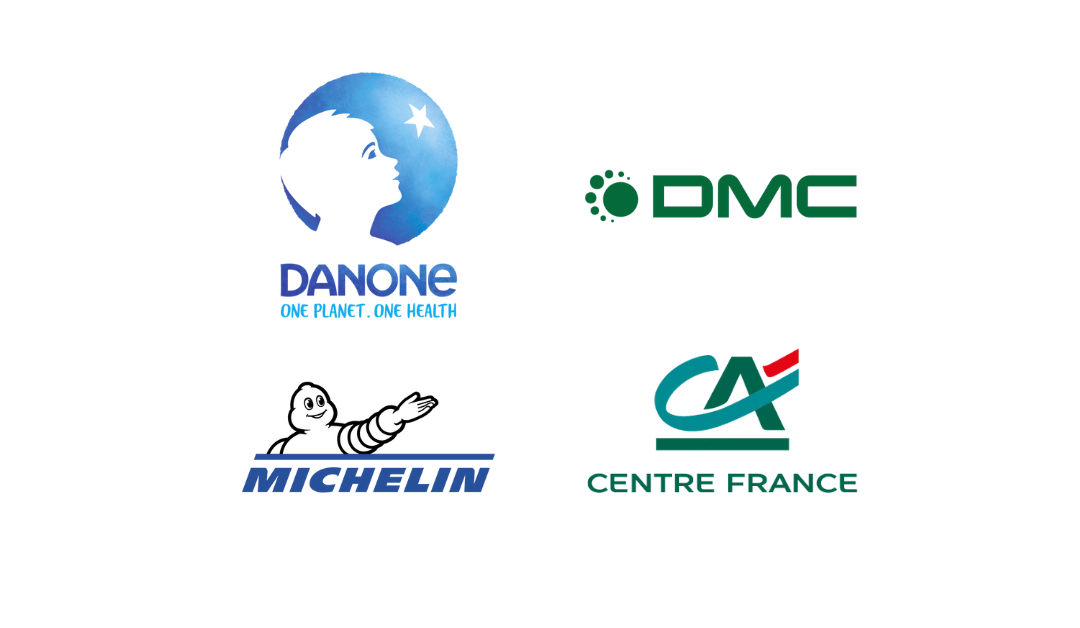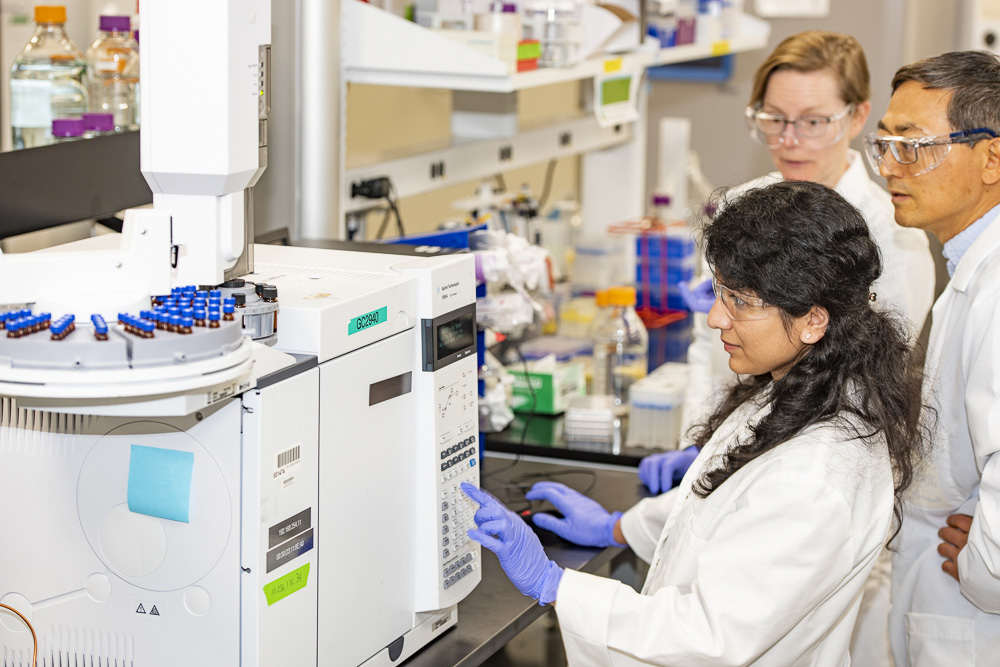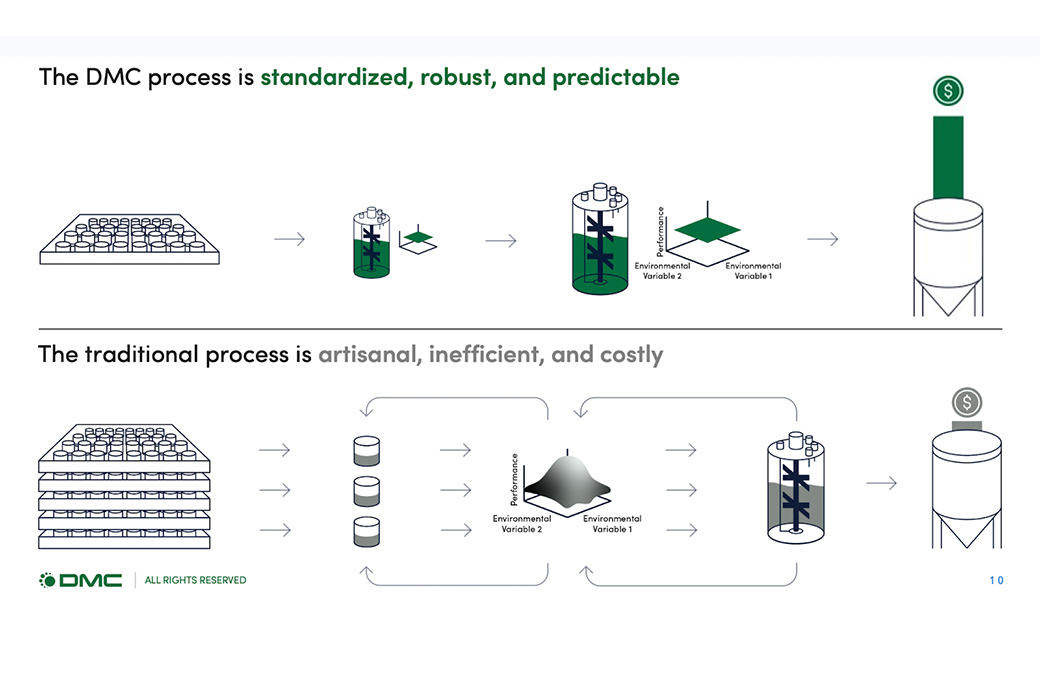Award Abstract #1549624
STTR Phase I: Commercialization of Synthetic Metabolic Valves
NSF Org:
IIP Div Of Industrial Innovation & Partnersh
Initial Amendment Date:
December 18, 2015
Latest Amendment Date:
December 23, 2016
Award Number:
1549624
Award Instrument:
Standard Grant
Program Manager:
Ruth M. Shuman
IIP Div Of Industrial Innovation & Partnersh
ENG Directorate For Engineering
Start Date:
January 1, 2016
End Date:
June 30, 2017 (Estimated)
Awarded Amount to Date:
$241,250.00
Investigator(s):
Matthew Lipscomb [email protected] (Principal Investigator)
Michael Lynch (Co-Principal Investigator)
Sponsor:
DMC Limited
5333 Euclid Ave
Boulder, CO 80303-2837 (303)210-2829
NSF Program(s):
STTR PHASE I
Program Reference Code(s):
1505, 163E, 8038
Program Element Code(s):
1505
ABSTRACT
The broader impact/commercial potential of this Small Business Technology Transfer (STTR) project will be the development of technology to decouple growth from product formation in microbes used for biomanufacturing. The goal is to address current limitations in the field of metabolic engineering for the production of high value products. Current approaches must balance the complex requirements of both biomass growth and product formation. Furthermore, advancements at screening scale often do not translate to improvements at commercial scale, resulting in long and costly development timelines. This project will deploy a novel technology platform – Synthetic Metabolic Valves (SMV) – to demonstrate the dynamic metabolic control of microbial metabolism for the cost superior production bio-based products. This approach represents a paradigm shift in biochemical engineering. Importantly, this technology enables the standardization of a set of bioprocesses independent of product, greatly simplifying and reducing the costs and risks currently associated with bioprocess R&D.
This STTR Phase I project proposes to demonstrate the potential of the Synthetic Metabolic Valve technology to provide an innovative and disruptive approach to rapidly commercialize bio-based products. The SMV technology is enabled by inducible enzyme degradation in combination with gene silencing techniques, utilized in a standardized two-stage bioprocess. Unlike traditional approaches, the SMV technology is generalizable to any production pathway, any microbial host, and enables rapid metabolic engineering strategies for the production of a broad diversity of molecules. Importantly, this technology provides for the generation of robust microbial hosts with unparalleled reproducibility across scale, from micro-well to commercial production. The technology reduces the cost and risk currently associated with production of bio-based products, enabling more rapid and lower-cost product development. To demonstrate this platform technology, this proposal specifically targets production of malonic acid and derivatives at cost superior metrics. Success in this program will demonstrate the feasibility of this technology, which can then be applied to the production of numerous renewable chemicals.





